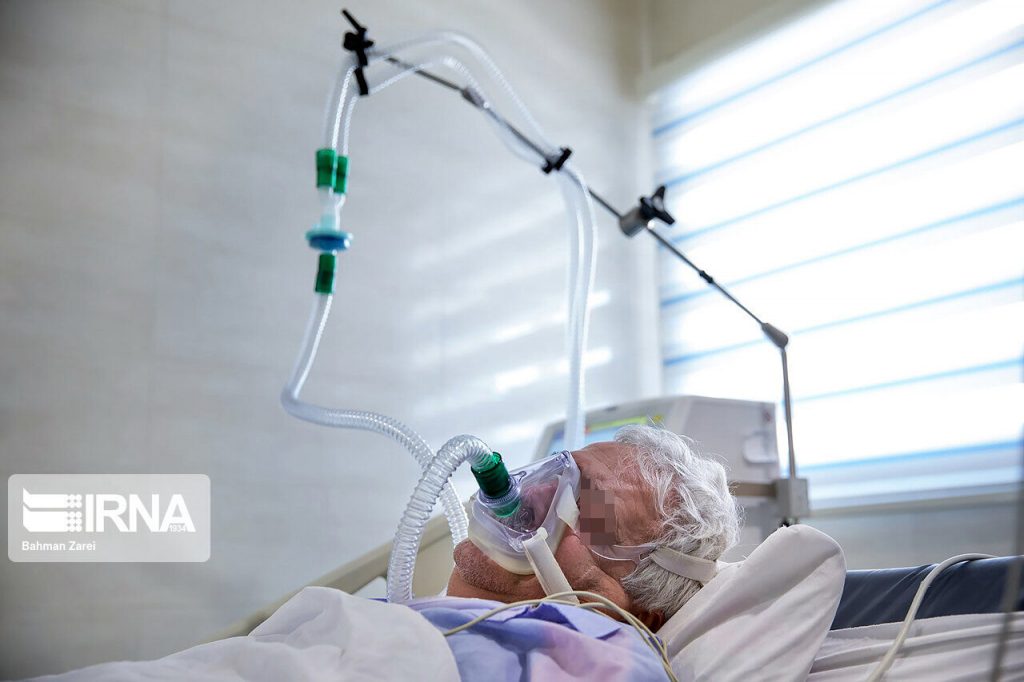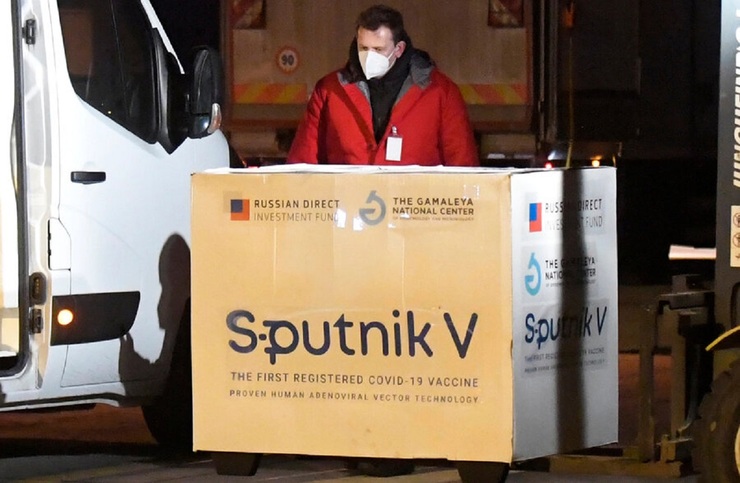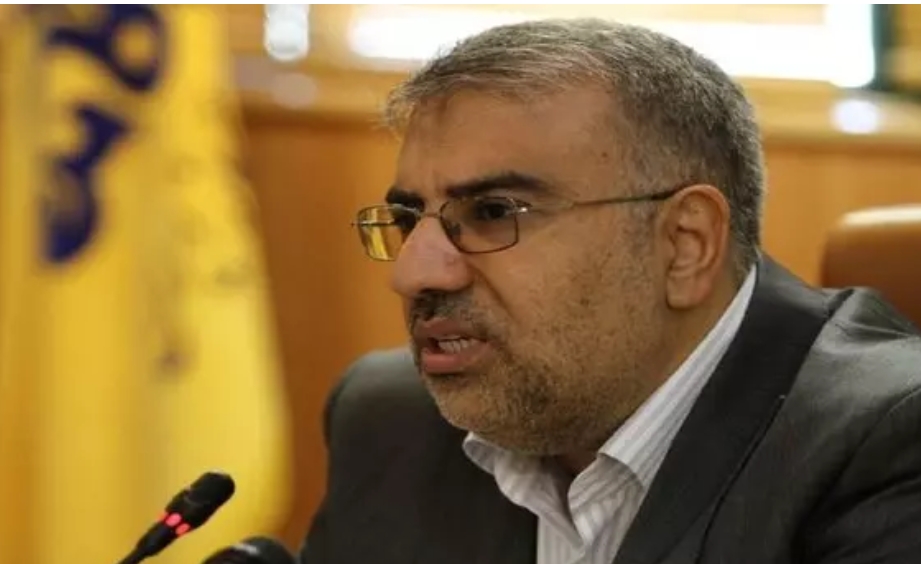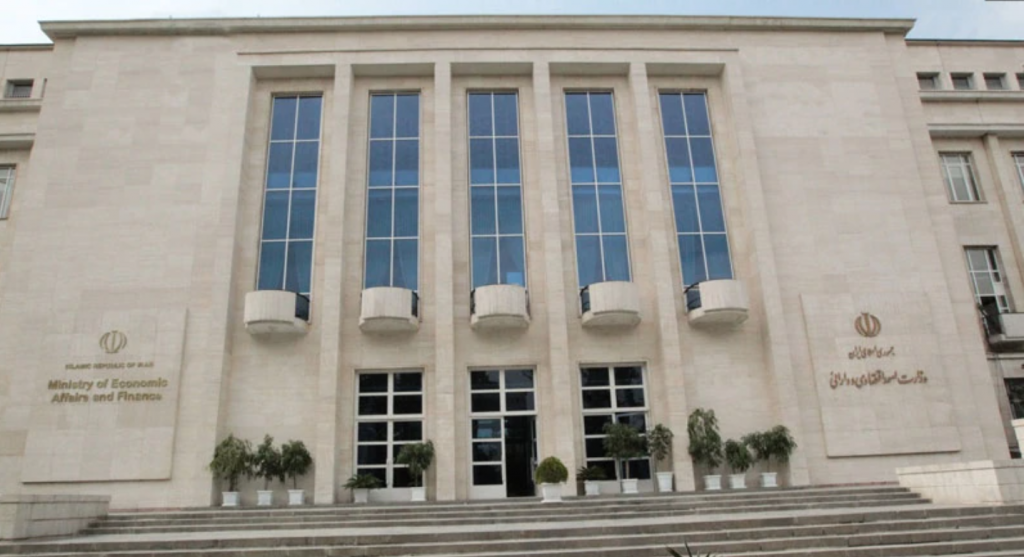
Why Is There an Increase in Emigration From Iran?
The editorial of Arman Melli analyzes the correlation between the deteriorating economic conditions and emigration from Iran.
While the price of the dollar in Iran shows a 25 fold increase, it has increased 1.6 and 1.7 times respectively in Iraq and Afghanistan. In the Gulf States, the price of the dollar has gone up 1.1 times, while in some countries the price of the dollar has remained fixed.
As inflation rates in these countries are not much different and there is no leap in prices in these countries, inflationary expectations too are in accordance with these numbers. Meanwhile, Iran has been grappling with soaring inflation for decades as experts keep on arguing about how to resolve this issue.
It is possible that inflation is partially due to international sanctions, but to understand this point better, we should look at the year the nuclear deal (JCPOA) was signed. During the three-year period when the deal was implemented, Iran ranked 21 with regard to inflation in the world. But after the escalation of sanctions, Iran moved up to sixth place and now has one of the worst inflation rates in the world.
In other words, as long as inflation is not properly contained, every now and then we will see leaps in the inflation rate. 122 countries in the world enjoy inflation under 3 percent. In none of these countries do we see the implementation of the economic policies that are adopted in Iran. Containing inflation, without considering the sanctions or the return to the nuclear deal, must be on the government’s agenda.
Recently, people have increasingly turned to moving their funds out of Iran, while professionals are trying to emigrate from the country. Undoubtedly, any decisions that result in placing more restrictions will have an impact on the rate of emigration from the country.
In the past two months, we have seen an increase in prices because of the existing risks in Iran’s economy. The government’s economic team makes it difficult to predict what policies the government is going to adopt, while it isn’t clear if Iran will return to the nuclear deal. The government has a budget deficit, and it is not clear what the government’s policies are for dealing with this deficit.
As a result, the economic risks go up, while old and new risks can create changes in the dollar price in the future.
Reforming Economic Structures Is A Priority for the New Government’s Economic Team
The editorial of Jahan Sanat urges that Ebrahim Raisi’s economic team must focus on reforms within economic structures.
One of the issues in the previous government which resulted in the loss of opportunities in the macroeconomy was the lack of coordination in its economic team. Although unfair US sanctions played a role in the economic turmoil in the country, economic experts hold that if proper economic management strategies were adopted in accordance with the country’s domestic capacities and resources, then the country’s economy would have gone through less turbulence.
In other words, if Iran had not tied its economy to the issue of sanctions, today the country could have better macroeconomic indicators.
In reforming economic structures, two paths must be taken: one is identifying bottlenecks of corruption which have always been acknowledged by the president and his economic team. Reforming these bottlenecks of corruption will increase public trust and will impact the implementation of new economic policies. That is because if the best economic policies and strategies are implemented, but corruption still exists, the reform policies will not benefit the country’s economy and people’s livelihood.
The second path is that the economic minister must make policies and new economic strategies in accordance with the facts on the ground. In plans announced by the new economic minister as the main economic policymaker, the following issues were mentioned: activating the government’s economic headquarters for creating coordination within economic organizations, reforming the tax system, reforming the banking system to increase fairness, diversifying financial tools and creating transparency in government companies by creating a database and making managers accountable, as well as reforming the bureaucratic structures of economic free zones.
So, if these plans are put into effect, we will see economic openings and an increase in positive economic indicators which will all result in an improvement in people’s livelihood.
Is it Possible to Restore Public Trust?
The editorial of Arman Melli argues that the first step in regaining public trust is forming a more inclusive government by Ebrahim Raisi.
A popular government can mean different things, but in essence a popular government is one which seeks to satisfy people’s demands. Forming such a government in Iran requires including different political viewpoints which exist in the country.
If this political diversity is not represented in Raisi’s ministerial appointments, the government must include different political views at the lower managerial levels. Because of the diversity in political views which exists in Iran, the country cannot be run by one monolithic political faction. So, one of the most important requirements for forming a popular government is its inclusiveness, which means that different views must be accepted within the framework of the establishment and these different perspectives must be represented in the running of the country.
This is how the national unity which Ebrahim Raisi talks about can be realized, or else no popular government can be shaped by discarding other political views and giving rein to only one viewpoint.
Forming an inclusive popular government requires reconstructing the social capital in the country. The government can allow these different views and thoughts to enter the public sphere. Then people will feel that the government is serious about resolving their issues, and not just appointing individuals from one particular political faction to significant government positions.
When public perception towards officials and the way the country is run changes, then we can have hope for reconstructing and restoring the government’s social capital. The next step is operating transparently and paying attention to people’s demands. When the majority of people have a demand regarding a particular issue, the government shouldn’t be indifferent towards it. Paying attention to people’s demands is the most basic duty of the president elected by people’s votes. In recent years, we have seen indifference to people’s demands in certain cases.
After transparency and paying attention to people’s demands, the next step in creating a competent government is having rational policies at both the domestic and international level. If this happens, restoring social capital will not be impossible.
Asking for Patience Without Providing any Clear Plans
The editorial of Ebtekar asserts that without offering any detailed plans for feasible changes, Ebrahim Raisi and his ministers should not ask people just to be patient.
A look at the development process in countries like Malaysia shows that entities involved in decision-making with a comprehensive and realistic plan tried to change their country into a pole of the global economy. The process of this development can be studied in each country separately.
But former Minister of Islamic Culture and Guidance during Mahmoud Ahmadinejad’s government Seyyed Mohammad Hosseini, who is the current deputy to the president for parliamentary affairs, has asked people to be patient in the face of economic problems: “Resolving economic problems takes time and although there should be no hesitation in dealing with these issues, people are expected to be as always patient.”
This statement might sound true. But what Hosseini is not considering is that there is no prospect for being patient. We cannot change the economy with just general plans and slogans and replacing individuals. The new statesmen in Iran have not yet provided a plan for change which is approved by economic experts. It might be too soon to judge, but even in officials’ remarks, one cannot see a promising approach.
If we look at the experience of countries like Turkey, we note that talking to people about being patient in the absence of government transparency does not work. A look at the individuals appointed by President Ebrahim Raisi as ministers and their plans shows that there is no sign of any essential change. It is still too early to judge, but it must be warned that in so far as there is no solidarity in political and social policies and corrupt structures are not fixed, it is hard to imagine positive economic prospects.
To this we must add that US sanctions play a significant role in the poor economic situation which exists in the country. And there is still no prospect of lifting sanctions.

Promise to Import 100 Million Doses of Vaccines

Eight months after Iranian Supreme Leader Ali Khamenei banned the import of American and British vaccines and months after advertising the production of domestic vaccines – as well as the deaths of tens of thousands of people – Iranian President Ebrahim Raisi made a pledge to import 100 million doses of vaccines.
Meanwhile, a study by Ilam University shows that only 2 percent of those who have lost their lives had received two doses of the vaccine and 98 percent were not vaccinated.
On the same note, Abbas Motevalian, epidemiologist and professor in Iran’s Medical Science University, has said that the percentage of coronavirus deaths among the Iranian population is twice more than the global average while the rate of vaccination in Iran is 50 percent less than the rest of the world.
Another epidemiologist Massoud Yunessian recently said on a television program that while more than 50 countries have administered two doses of the vaccine to more than half of their populations, the process of vaccination in Iran is very slow and currently 100 countries are in a better position than Iran with regard to vaccination.
Although Iranian officials have underscored the importance of manufacturing domestic vaccines and many promises were made to people regarding the manufacturing of millions of doses of Iranian vaccines, none of these promises have come true.
In the meantime, Iran’s new Health Minister Bahram Einoullahi has announced that Iranian universities will soon open. He added that students must be vaccinated and have vaccination cards to attend classes in person. According to the health minister, university classes must begin on October 7 and instructors and professors must attend classes in person.
Over the past two months, due to the holding of Shiite Muharram ceremonies, there has been a spike in the number of infections and deaths due to coronavirus, and Iranian officials are desperate to import coronavirus vaccines.
Sputnik Vaccines Produced in Iran and Sent to Russia?

Two months after the trial production of Sputnik vaccines in Iran, several officials have made contradictory remarks about not administering them in the country and sending them to Russia instead.
The IRGC deputy of Iran’s Biodefense Headquarters, Mohammad Kariminia, has questioned whether all the Sputnik vaccines produced in Iran have been delivered to Russia. However, Kianoush Jahanpour who heads Iran’s Food and Drug Organization negated his words, saying Russia has not yet given Iran authorization for mass production of the vaccine.
This is not the first time that senior Iranian authorities have made opposing remarks about coronavirus vaccines. Their altercations have even been marked by the exchange of obscenities.
“In fact, the Russians made a contract with Actover Company to make Sputnik vaccines in Iran and deliver them to Russia; they were not to be used in Iran. Russia has actually outsourced the production of vaccines,” said Kariminia.
He added that there was a contract between Russia’s Sputnik and Actover Company for producing 2 million doses of the Sputnik vaccine in Iran – after which the media reported that 2 million Sputnik vaccines were to be distributed soon in Iran’s markets, “but in July Alireza Raisi, deputy head of the Health Ministry, announced that the Russians had double-crossed us!”
Meanwhile, Jahanpour asserted that the IRGC official’s words were “utterly false,” adding that Russia has not yet approved the initial vaccines made by the Iranian company for licensed mass production. “The point and motivation of the person who publicized this false statement under the current conditions is not clear,” he noted.
Mohammad Kariminia had also criticized the infiltration of the “drug mafia” and the extensive use of drugs such as Remdesivir in Iran. In the same vein, Alireza Zali, who heads the Coronavirus Headquarters in Tehran, had previously noted that the budget dedicated to importing Remdesivir was more than that for importing vaccines.
Oil Minister Predicts a Shortage of Gas in Winter

While the Iranian people are still experiencing power outages in the summer, Iranian Oil Minister Javad Owji has predicted a shortage of gas in winter.
On the sidelines of the meeting of the Iranian Parliament’s Energy Commission, Owji said that with the current level of consumption of natural gas in the country, “we predict a shortage of about 200 million cubic meters of gas in the cold season,” promising that his ministry will do its best so that people will not suffer due to the shortage at home.
While in recent years Iran has faced a severe shortage of gas in winter, last year the shortage of gas began in autumn. During the winter months, the government decreases gas supplies to cement factories and power plants.
According to the Parliament’s Research Center, last year due to the shortage of gas the government had to use 6 billion liters of a very pollutant fuel (mazut) which created a lot of pollution in the cities. Last year, Iranian power plants consumed about 11 billion liters of diesel fuel.
Part of the shortage of gas consumption in winter is due to the threefold increase in natural gas consumption for warming houses and buildings.
Of the 223 billion cubic meters of natural gas consumed in Iran in 2020, 122 billion cubic meters were used by households, businesses and minor industries, 24 billion cubic meters by major industries, and 66 billion cubic meters by power plants.
While there is concern about a possible shortage of natural gas in winter, Iran has had problems in producing energy in recent months, including power shortages in large cities.
In addition to the damage caused by the power outages experienced in daily life, the damage suffered by industries is far more widespread.
While Iran has spent hundreds of billions of dollars, directly and indirectly, on nuclear energy, nuclear energy’s share in producing power in Iran is about 1.5 percent.
Extensive power outages in the summer triggered protests by Iranian citizens in which they chanted slogans against the government authorities, particularly Supreme Leader Ali Khamenei.
Iranian Department of Treasury: Only One Third of the Budget and 9 Percent of Oil Revenue Realized

In its latest report about how the current year’s budget has been implemented, Iran’s Department of Treasury has said that only 34.5 percent of budget decrees have been implemented so far.
According to the report issued on September 6, of 175 decrees only 60 decrees have been fully implemented, 55 were incompletely implemented, and 60 decrees were not implemented at all.
Iran’s previous government headed by Hassan Rouhani had predicted the export of 2.3 million barrels of oil per day (bpd), while statistics by international organizations show that Iran has exported only 650,000 bpd.
On the other hand, Iran faces problems in receiving money from the exported oil, and only a small part of these revenues enters the country.
Customs data from China, the only customer of Iran’s oil after Syria, shows that it has not purchased any oil from Iran directly since last winter.
Earlier, Reuters and Bloomberg had reported that Iran sells its oil through middlemen under the name of other countries like Oman, the UAE, Iraq, Indonesia, and Malaysia and sends it to China.
According to the semi-official Tasnim news agency, Iran’s public budget this year is facing a 50 percent deficit, tantamount to 464,000 billion tomans. The government has made up a part of this deficit through borrowing.
The IMF’s statistics reveal that Iran’s net debts showed a twofold increase in 2020 compared to 2019.
